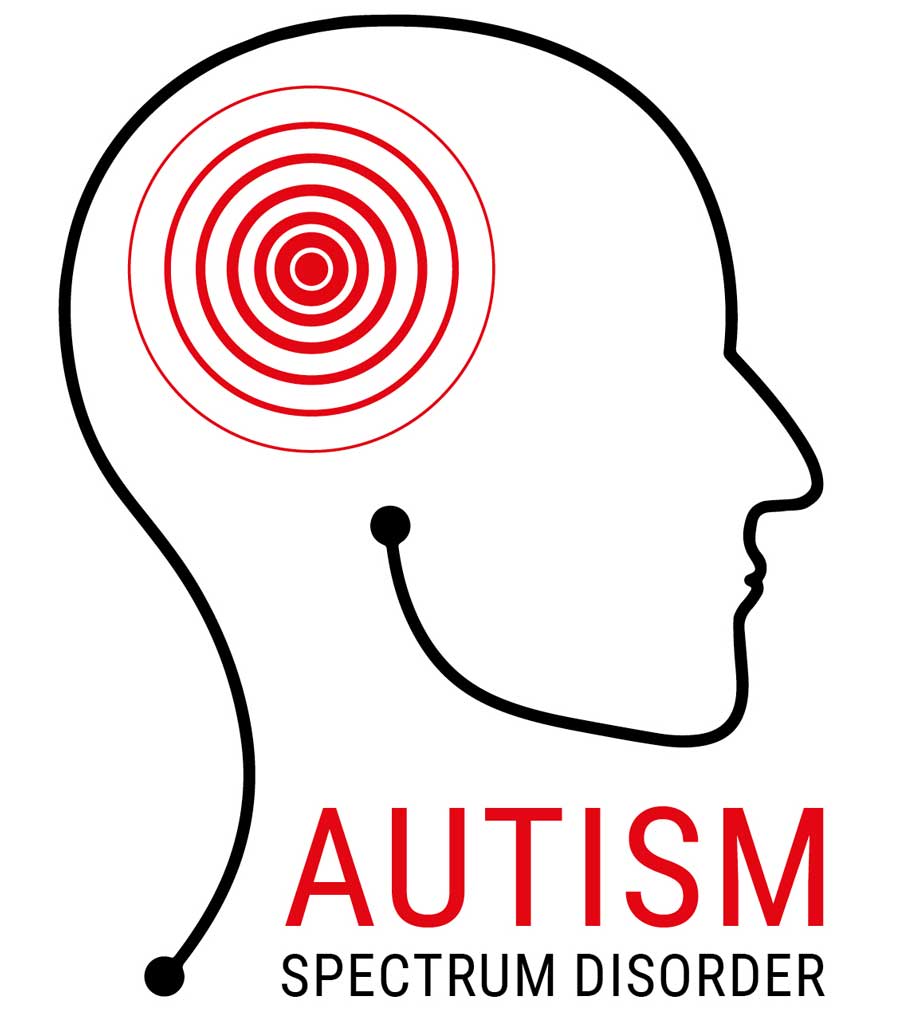Science on autism
In recent years, there have been several study results that shed light on possible causes of autism-spectrum-disorders. Here is a summary from recent publications.

Researchers at the University of Basel believe that malfunctioning synapses in the nerve cells of the reward system are crucial for autism-spectrum-disorders. They refer to several studies that suggest that a relationship to the function disturbances of this system refers to the typical changes in social behavior in autism. Consequently, existing neurons of the reward system in autistic individuals are defective. In the experiment, the scientists mimicked a mutation that occurs in autism on mice. After which the typical changes in behavior of autism became apparent. The scientists conclude that an insufficient maturation of the synapses plays an corresponding role. There are now more than 100 genes associated with autistic symptoms (Source: University of Basel, Informationsdienst Wissenschaft (idw)).

The scientists at the Rheinische Friedrich-Wilhelms-Universität Bonn suspect that certain signaling substances of the immune system, the so-called chemokines, are involved in autism, specifically the signaling substance CCL 17. Chemokines, like an attractant, ensure that immune cells migrate into the tissue. They also affect the signal transmission in the brain. The researchers observed in animal experiments that the animals showed abnormal behavior in case of a disturbed signal function. From this, they concluded that "CCL 17 not only affects the immune system, but it also affects the brain". In people with autism, there is often an elevated level of CCL 17 in the blood. The researchers conclude that the signal substance plays a role in autism, for example in an infection or an allergic reaction during childhood. However, the final scientific confirmation is missing (source: Rheinische Friedrich-Wilhelms-Universität Bonn, Informationsdienst Wissenschaft (idw)).

The scientists of the University Hospital in Ulm point out that the microbiome is important in case of autism. The microbiome is the total of all microorganisms found in the digestive tract. A disturbed microbiome can result in an imbalanced immune regulation. The connection between disorders of the immune system in the intestines and brain diseases has long been assumed by scientists (Source: University Hospital Ulm, Informationsdienst Wissenschaft (idw)).

Meanwhile, the experts at Heidelberg University Hospital are also targeting the testosterone hormone. They observed that the male sex hormone testosterone significantly activates certain risk genes in the brain before and after birth. Their studies showed that certain genes, influenced by the testosterone hormone, are being translated into proteins in a reinforced way, thereby contributing to a higher risk of autism. This could explain why autism occurs four times more often in boys than in girls (source: Heidelberg University Hospital, Informationsdienst Wissenschaft (idw)).

In addition, infectious diseases are also assumed to be the cause of autism, such as toxoplasmosis. According to the experts, this would lead to a malfunction of the synapses (Source: Leibniz Institute of Neurobiology, Informationsdienst Wissenschaft (idw)).
This information will continue to be updated.
